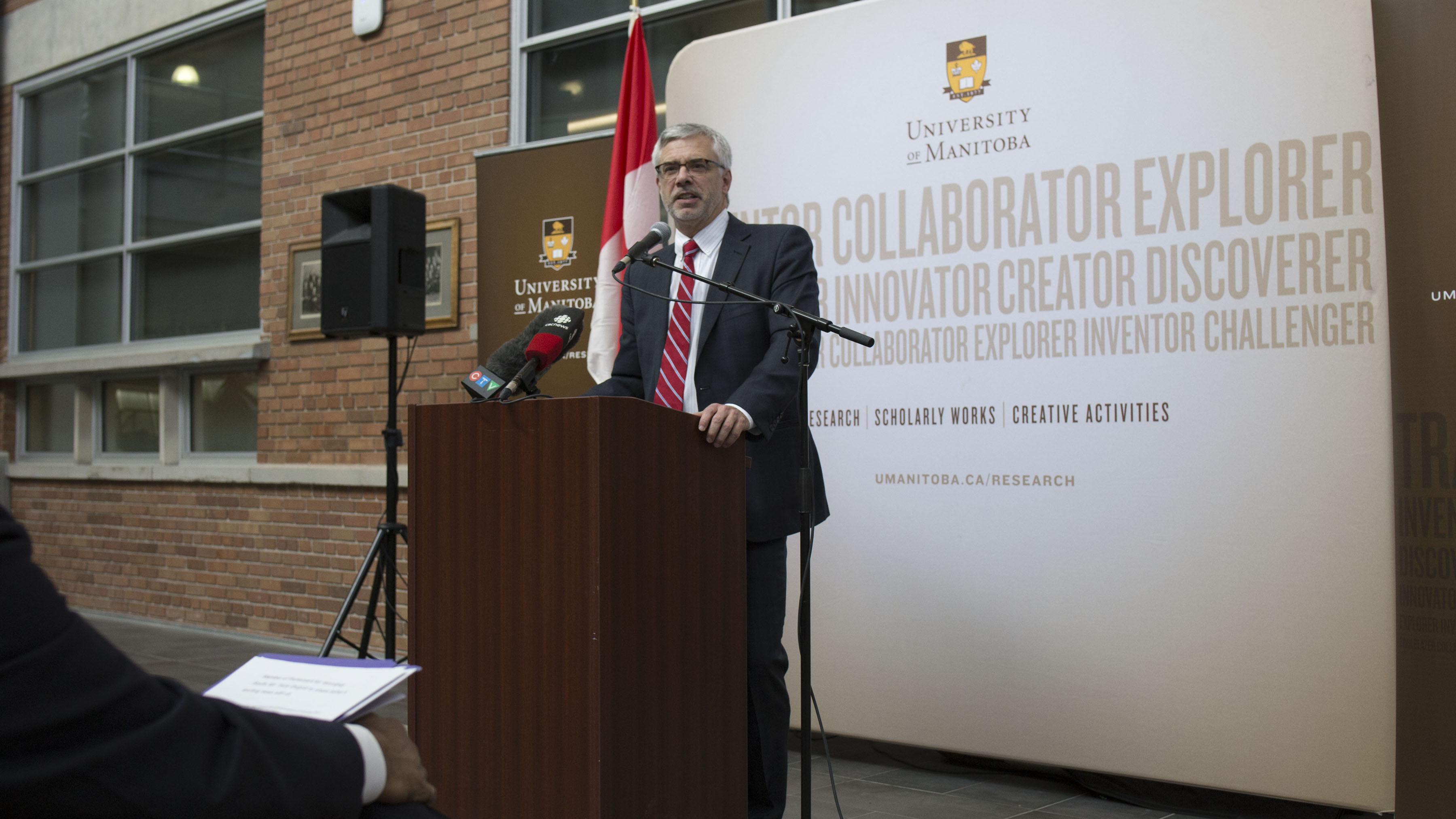About two-thirds of people in a romantic relationship were friends with their significant other before initiating a romantic partnership. Among those under the age of 29, this number is even higher, at 84 per cent.
U of M professor of psychology Jessica Cameron studies romantic relationships — exploring how romantic feelings can form within a previously platonic relationship.
“Because humans are inherently social animals, understanding how people relate to each other and the relationships they form is very critical to understanding human beings in general,” said Cameron. “It is such a big part of our lives.”
She explained that in the friends-to-lovers pathway, also known as friends-first initiation, a bond forms between friends. In a small minority of friendships, the closeness and intimacy between friends sparks romantic interest.
“I think they’ve formed that critical companionship in almost the opposite order than what we see in dating initiation,” Cameron said.
In long-term romantic relationship, she noted that a strong friendship base is crucial. In the friends-first path, a friendship base is formed before the romantic attraction. Conversely, in dating initiation, a romantic attraction develops before the eventual friendship.
“We know that either path in a long-term relationship people have that friendship base,” Cameron said. “They feel like they can trust each other, they disclose a lot, they feel that connection with each other.”
There are other ways to begin a relationship. Cameron’s study found that close to one in five people found their significant other through mutual friends, and another nearly one in five met them at school, university or college. Other places to meet a partner included social gatherings, religious communities and through work.
One question that the study aimed to answer is whether people intentionally become friends with someone they hope to initiate a romantic relationship with.
This, she explained, is not common. 70 per cent of participants stated that they had no ulterior motives when becoming friends and were not initially romantically interested in their partner.
Moreover, participants were friends for an average of nearly two years before entering a romantic partnership.
“They’re not short friendships, it’s not a brief commitment to a friendship that blossoms into a romance,” she said. “It is an investment.”
Cameron highlighted the common misconception that men and women cannot be friends without romantic attraction developing.
In Cameron’s study, researchers asked participants to think of a friend that belongs to a gender they experience attraction to. They were then asked to indicate their romantic interest in their friend. Results showed that attraction to friends was very low.
“On average most people are not interested in [romantic relationships] with their friends,” Cameron said. “Their friends are just their friends.”
But some friendships are different. Researchers like Cameron are aiming to unpack the unique nature of friendships that develop into romantic relationships, examining what it is that makes them different.
Cameron explained that friends-first initiation is largely neglected as a field of study.
“Relationship researchers really haven’t studied this,” she said. “They focus on what we call traditional dating initiation, where two relative strangers go out on a first date.”
In order to provide advice and guidance for people interested in being in a relationship, Cameron emphasized the importance of understanding friends-first initiation.
“To get those long-term outcomes of health and well-being derived from our relationships, we first need to form them,” Cameron said.
The positive outcomes resulting from healthy relationships are numerous.
People in committed relationships may produce less of the stress hormone cortisol. They may be less responsive to psychological stress. Social ties, including relationships, may also increase longevity.
Research also shows that, among heart surgery patients, those in a relationship are three times more likely to survive the first three months after surgery than their single counterparts. Patients also report less worry about their surgery and more confidence in handling post-surgery pain.
“I’m hoping that by understanding these pathways and understanding how relationships form, eventually we’ll get to a stage where we can help people through that process,” Cameron said.
For those looking to enter a romantic relationship, her advice is to simply go out and make friends.
“Making friendships is good,” Cameron said.
“What’s the worst that can happen? You get a long-term friend out of it.





